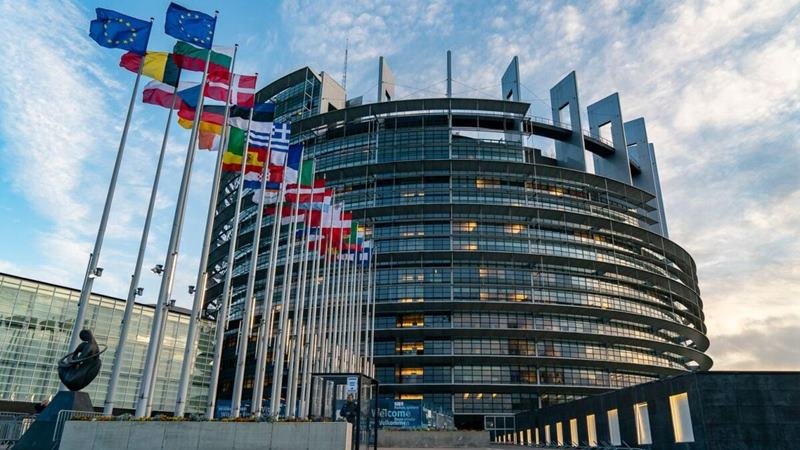FuelEU maritime initiative: EU Council adopts new law to decarbonise the maritime sector
More renewable and low-carbon fuels will reduce the carbon footprint of the maritime sector in the EU following today’s adoption of a new regulation by the Council on the so-called ‘FuelEU maritime’ initiative.
“The new law will provide legal certainty for ship operators and fuel producers and help kick-start the large-scale production of sustainable maritime fuels, thus substantially delivering on our climate targets at European and global level.” Raquel Sánchez Jiménez, Spanish Minister of Transport, Mobility and Urban Agenda, Said.
Main objectives of the new legislation
The main objective of the FuelEU maritime initiative, as a key part of the EU’s Fit for 55 package, is to increase the demand for and consistent use of renewable and low-carbon fuels and reduce the greenhouse gas emissions from the shipping sector, while ensuring the smooth operation of maritime traffic and avoiding distortions in the internal market.
The new legislation aims to put maritime transport on the trajectory of the EU’s climate targets for 2030 and 2050 and should play a fundamental role in delivering on the European climate law.
Main provisions of the new regulation
The new regulation contains the following main provisions:
- measures to ensure that the greenhouse gas intensity of fuels used by the shipping sector will gradually decrease over time, by 2% in 2025 to as much as 80% by 2050
- a special incentive regime to support the uptake of the so-called renewable fuels of non biological origin (RFNBO) with a high decarbonisation potential
- an exclusion of fossil fuels from the regulation’s certification process
- an obligation for passenger ships and containers to use on-shore power supply for all electricity needs while moored at the quayside in major EU ports as of 2030, with a view to mitigating air pollution in ports, which are often close to densely populated areas
- a voluntary pooling mechanism, under which ships will be allowed to pool their compliance balance with one or more other ships, with the pool – as a whole – having to meet the greenhouse gas intensity limits on average
- time limited exceptions for the specific treatment of the outermost regions, small islands, and areas economically highly dependent on their connectivity
- revenues generated from the regulation’s implementation (‘FuelEU penalties’) should be used for projects in support of the maritime sector’s decarbonisation with an enhanced transparency mechanism
- monitoring of the regulation’s implementation through the Commission’s reporting and review process
Next steps
Following today’s formal adoption by the Council, the new regulation will be published in the EU’s official journal after the summer and will enter into force the twentieth day after this publication. The new rules will apply from 1 January 2025, apart from articles 8 and 9 which will apply from 31 August 2024.
Background information
The FuelEU maritime initiative is part of the Fit for 55 package. Presented by the European Commission on 14 July 2021, the package aims to enable the EU to reduce its net greenhouse gas emissions by at least 55% by 2030 compared to 1990 levels and to achieve climate neutrality in 2050.
On 2 June 2022, the Transport Council reached a general approach on the proposal and, following negotiations with the European Parliament, the two co-legislators reached a provisional agreement on the regulation on 23 March 2023.
Source European Council

